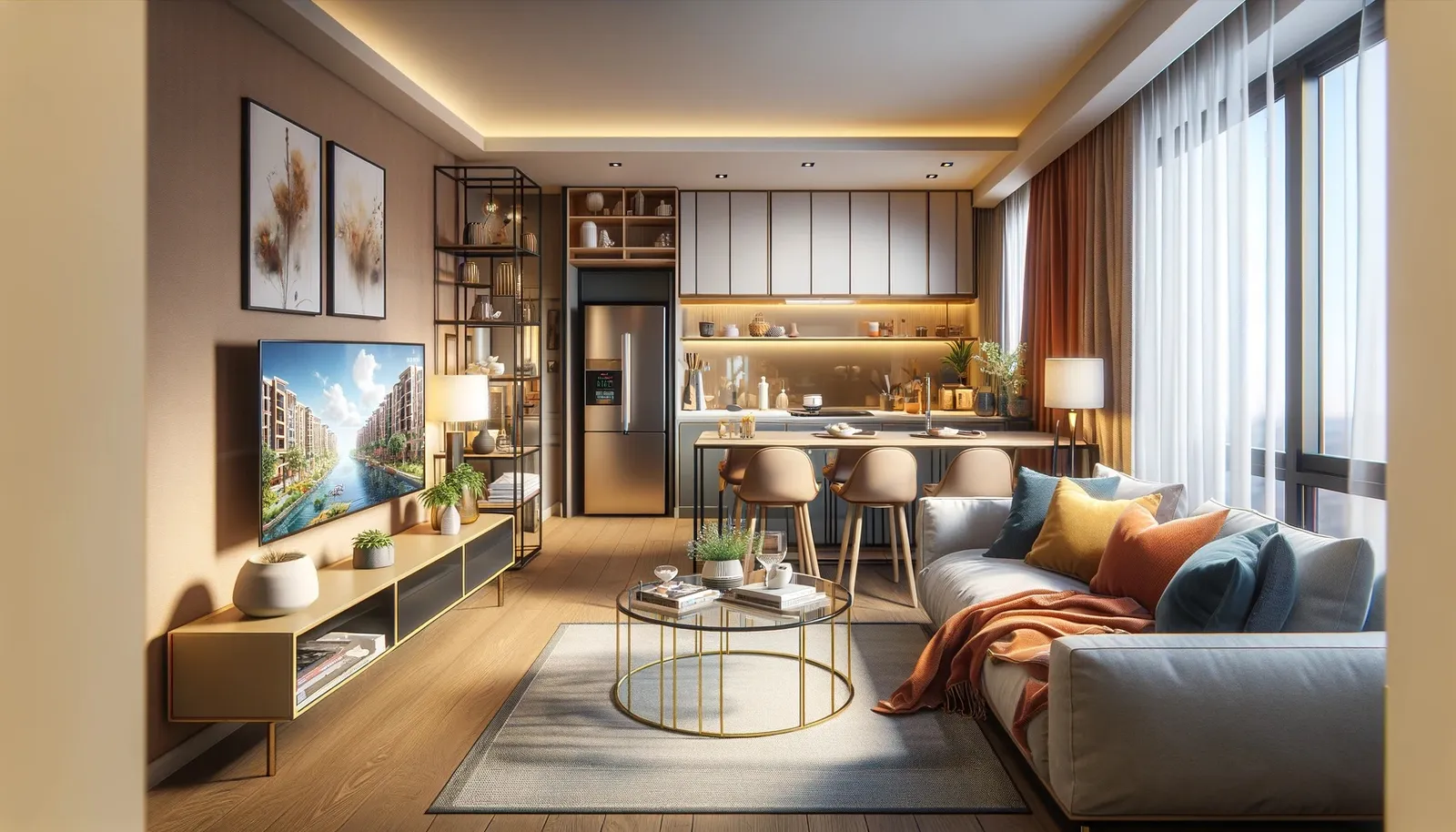The Downsides of Mid-Term Rentals
 It has been 4 months since I last wrote about mid-term rentals. As you may recall, I tend to invest in gentrifying neighborhoods (basically C-class areas turning into B-class). These areas have two types of tenants:
It has been 4 months since I last wrote about mid-term rentals. As you may recall, I tend to invest in gentrifying neighborhoods (basically C-class areas turning into B-class). These areas have two types of tenants:
- The old tenant being gradually priced out of the area, typically a family looking for a 3-4 bedroom apartment
- The new tenant moving into the up-and-coming area, often a young professional
While I have nothing against the first tenant group, many families in C-class areas live paycheck to paycheck. They have a high likelihood of defaulting on rent, and evictions are very costly. Collecting rent from this tenant is like pulling teeth, I have a tenant in Chicago who never pays rent until the 20th of the month, and often after I send her a notice to quit for non-payment. To add insult to injury, many of these tenants are subsidized tenants with a sense of entitlement. They know how to game the system and have a lot more free time on their hands to do so. They can make your life miserable if they want to, knowing that the city will often side with them without investigating the issue and it's cheaper to pay them to leave than to fight them in court. But that's a topic for another blog post.
On the other hand, young professionals who rent by rooms tend to have good jobs and some savings. Rent is not a burden for them. They don't try to haggle with me on fees either (asking to waive the security deposit or reduce rent so they can cover utilities). Moreover, I get paid via Zelle instead of money orders, reducing headaches. Last time I spoke about the advantages of renting by rooms. But are there any downsides? Yes, there are.
The Downsides
The biggest downside is that you have to deal with a lot more turnover. While I do have some tenants who stay over a year, most of them stay for 6 months. This means that I constantly have to market the units, as I have tenants moving out every couple months or so. Marketing is also more involved since the typical websites geared for mid-term rentals are not as user-friendly, and often charge money for listings. I'm seriously considering hiring a VA to automate some of this.
This also means I constantly have to touch up the units, but the benefit is that there are fewer surprises due to neglected maintenance. My handyman is able to check the units much more frequently. For example, while showing a recently vacated bedroom in one of my units, we noticed water damage on the ceiling, implying a roof leak. Who knows long would have passed before we noticed this if I had a long-term tenant in there.
These properties also feel more like dorm rooms, with occasional unexplained trash in common areas or floor suddenly becoming sticky. As I mentioned before, it pays to have a monthly cleaning service for common areas. The tenants appreciate it and I hear fewer complaints. In long-term rentals this is simply not practical, as there is an expectation of privacy to access the unit and it doesn't make sense to pay the cleaning staff just to clean a few square feet of floor in front of the door.
The other problem that I already mentioned in my last blog post is that you have to be careful with parking and bathrooms. The building has to have enough parking for everyone. It helps if it's close to public transit or downtown, as many tenants living/working downtown may choose not to have a car at all.
Bathrooms are a bit trickier, I had several applicants who wanted to rent a room in a 3-bedroom apartment, but were unwilling to share a bathroom with 2 other people. Having a second bathroom is a huge plus, I'm even considering converting pantries in some of my buildings into half-baths.
Takeaway
Overall, I still prefer mid-term, but they're more hands-on, especially if you live in a different city. You have to really trust your crew, systematize maintenance and repair, and train your crew to understand your standards. I still prefer this over dealing with deadbeats who don't pay rent while holding your property hostage, however.